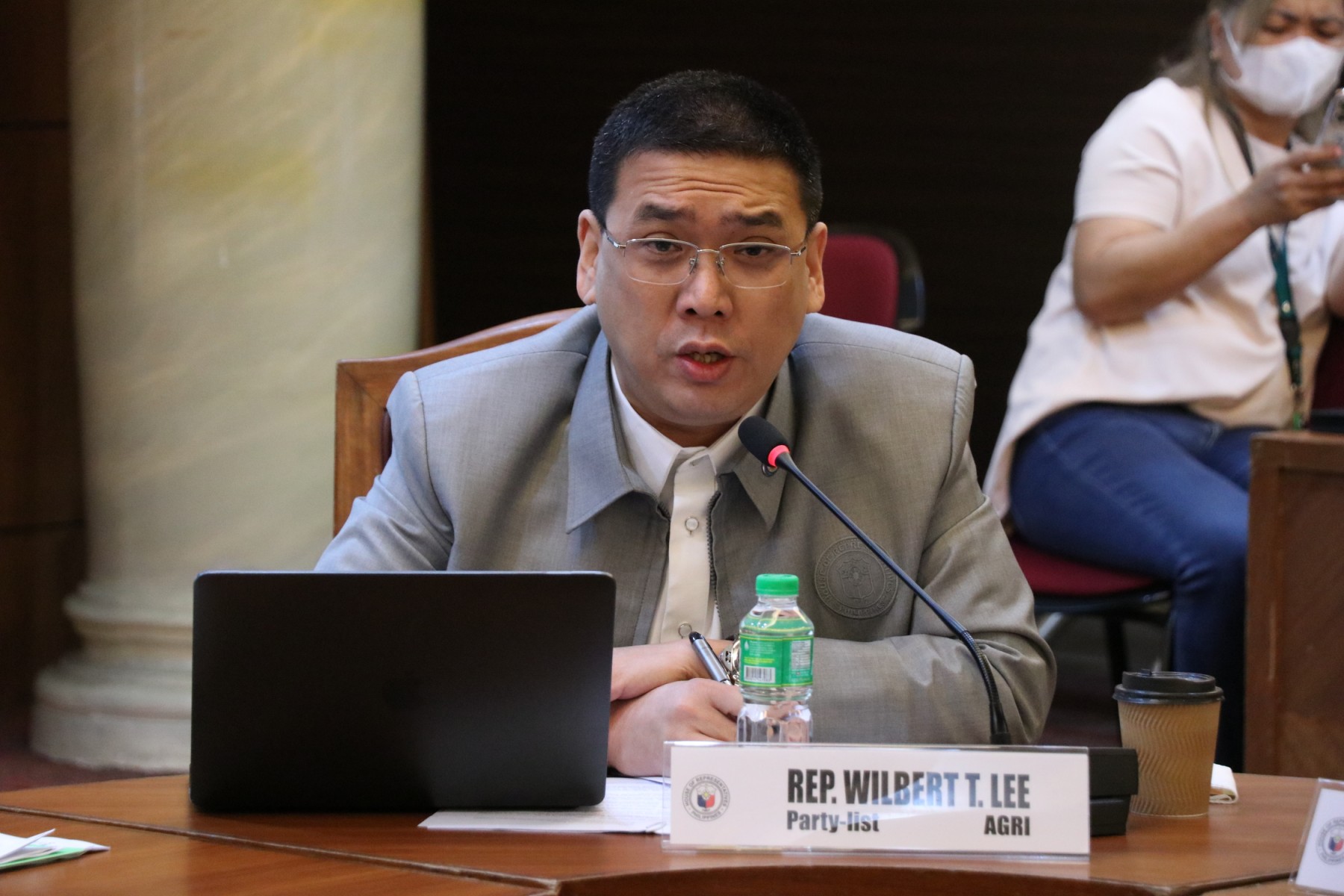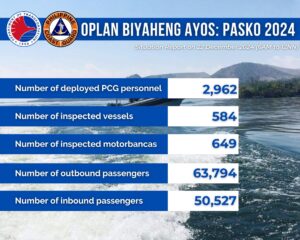Iminungkahi ng isang mambabatas na i-tap ang mga state educational institution para sa pagbuo ng mga drought at flood resistant crop.
Una nang sinabi ni AGRI party-list Rep. Wilbert Lee, na maiging mga drought resistant seeds o mga binhi ang itanim ng mga magsasaka dahil sa hindi nito kailangan ng maraming tubig.
Aminado ang mambabatas na dahil sa nakaambang na El Niño ay tiyak na maaapektuhan ang produksyon ng agriculture sector ng bansa.
Dahil naman sa madalas ring makaranas ng bagyo ang Pilipinas, mainam na bumuo na rin ng mga flood resistant na binhi.
“To address this urgent issue, our government should consider harnessing the expertise and resources of our state educational institutions and science centers in a concerted effort to advance agricultural genomics research. By doing so, we can work towards developing drought and flood-resilient strains of rice that will safeguard our food security and mitigate the adverse effects of climatic uncertainties,” saad ni Lee.
Tinukoy ni Lee na isa sa mga maaaring gamitin ay ang itatatag na Agricultural Genomics Research Center sa UP Los Baños matapos lumagda sa kasunduan ang UP at Korea International Cooperation Agency (KOICA).
Ang $14.95 million agreement ay tatakbo ng anim na taon na layong pagbutihin ang agricultural competitiveness ng bansa sa pamamagitan ng science and technology adaptation.
Tiwala ang mambabatas na sa pamamagitan nito ay magiging resilient mula sa tagtuyot o tag-ulan ang mga binhi at pananim ng mga magsasaka.
“Developing these strains will significantly enhance our resilience against El Niño-induced droughts and subsequent flood events. We cannot control the weather, but we can and must find ways to deal with its effects on the agricultural sectors. Kapag ginamit natin ang mga institusyon tulad ng UP sa ganitong paraan, Winner Tayo Lahat—matutulungan ang ating magsasaka, at di apektado ang presyo at suplay ng bigas tuwing El Niño o bagyo.” pagtatapos ng kinatawan. | ulat ni Kathleen Jean Forbes




